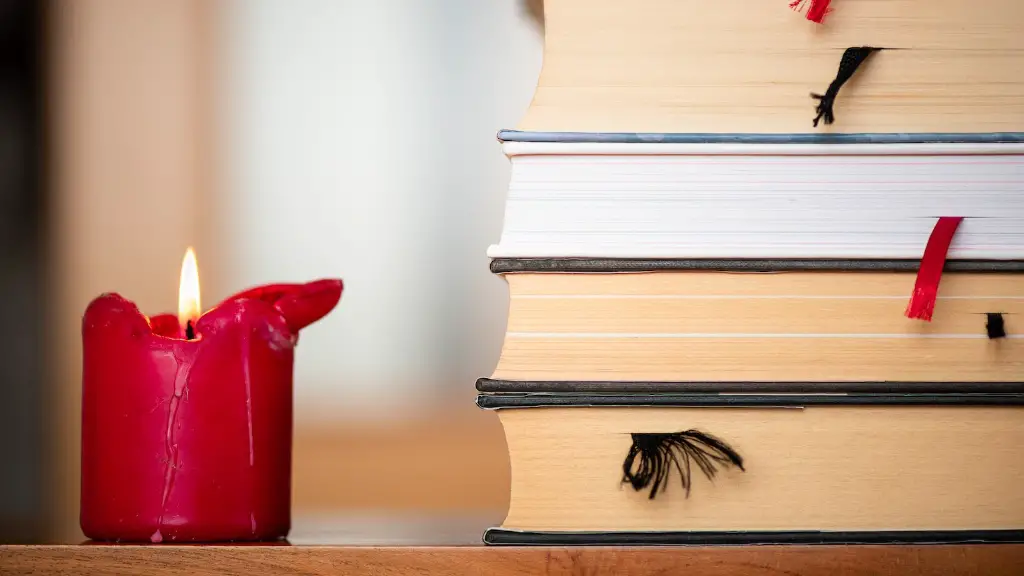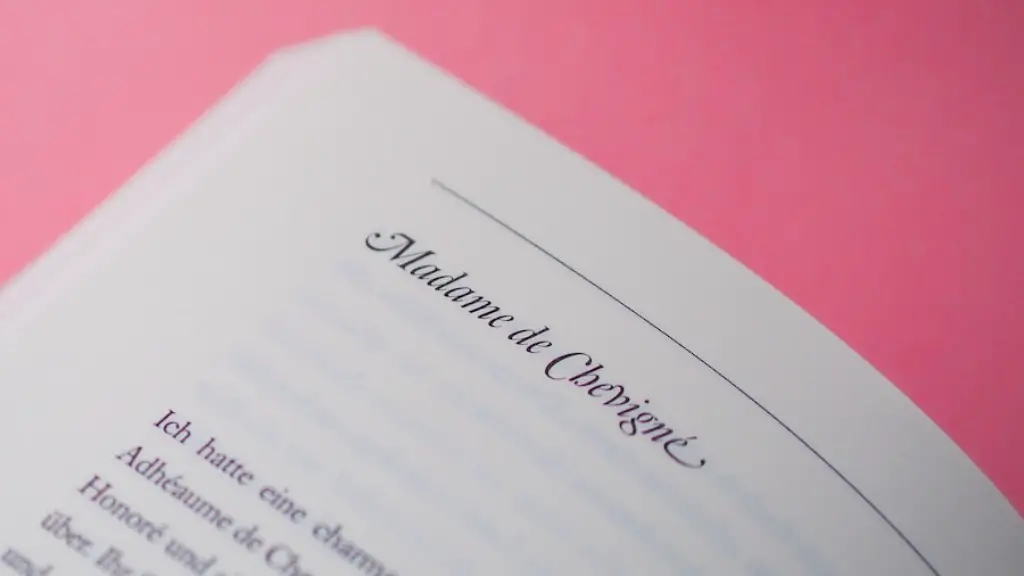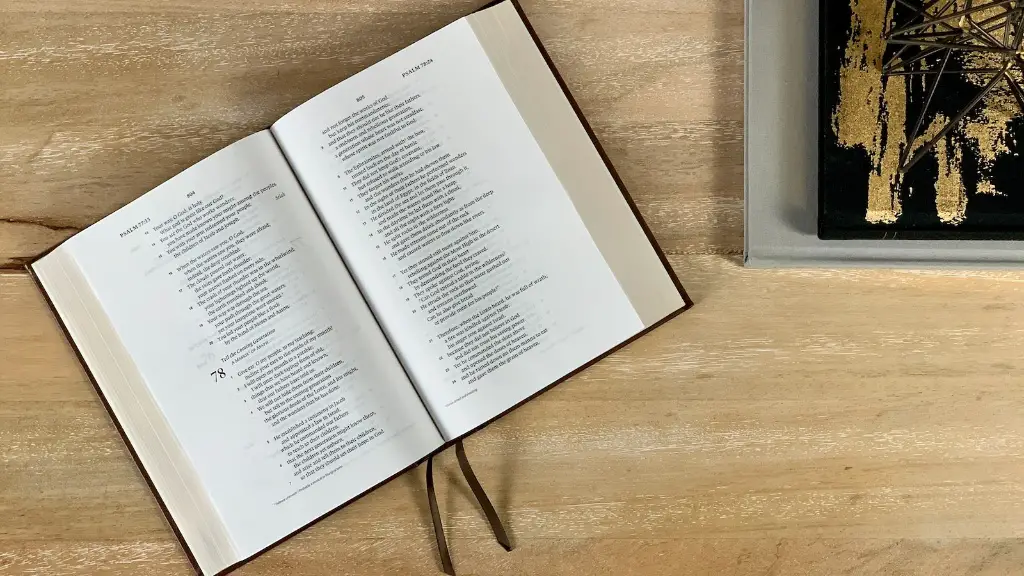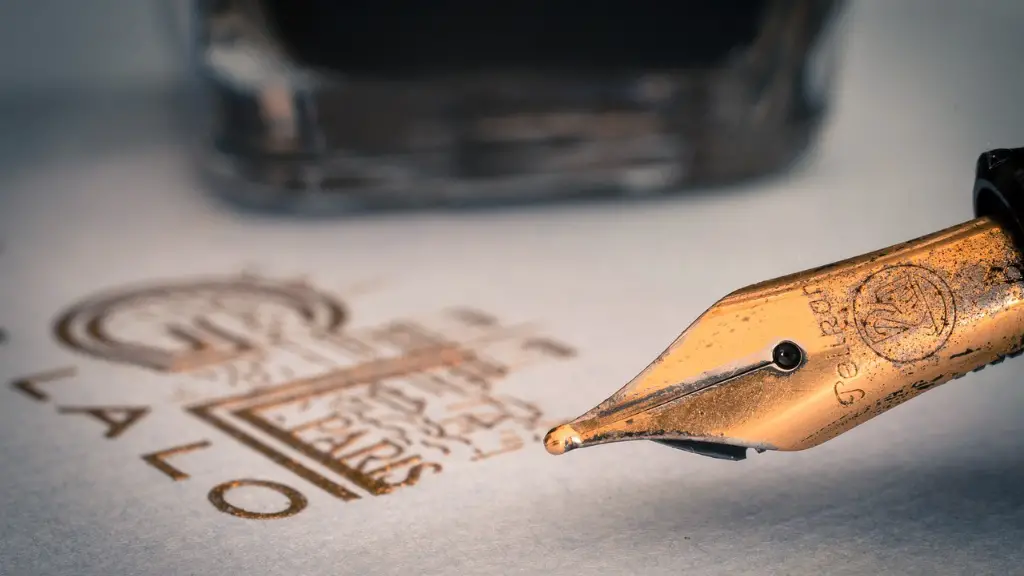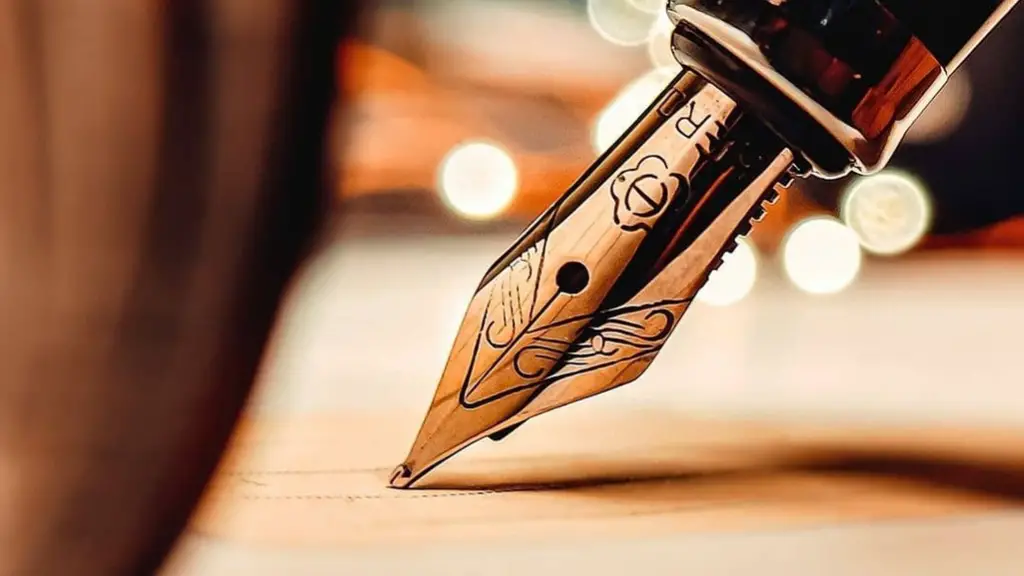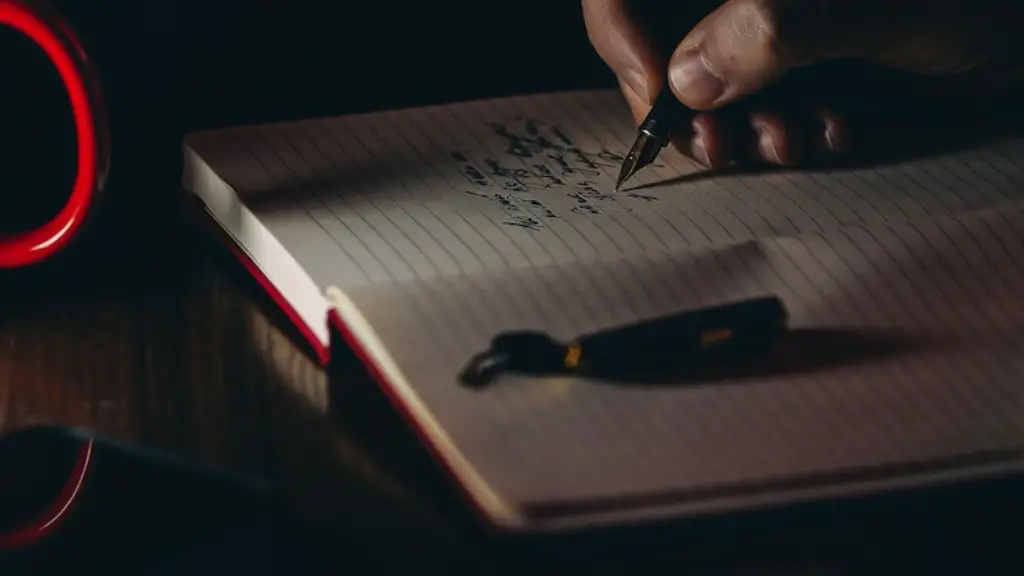Poetry is one of the essential and enduring art forms of the world, with a history dating back to ancient times. From celebrated poets like Shakespeare and Robert Frost to modern day bards like Maya Angelou and Langston Hughes, humans have long used literary forms and sounds to share their stories, emotions, experiences and philosophies. Despite its intuitive, timeless quality, the art of poetry remains incredibly dynamic and progressive, constantly evolving to meet the ever-changing needs of the culture and human experience.
The world of poetry is vast and varied, incorporating all styles of writing from haiku to sonnets and everything in between. It can be self-expressive, political, spiritual and whimsical. Its grandeur lies in its ability to explore the full spectrum of human feelings, offering a unique platform for artists, authors, performers and everyday people to grapple with the complexities of life.
Though all forms of poetry share a certain cadence and flow, the genre can be divided into different categories. Traditional poetry is popular in many cultures and based on the classical formats of meter, rhyme and poetic forms set by ancient historians like Homer and Virgil. Free verse is a decentralized form of poetry created in the early 20th century in which the poet forgoes typical structures to create a more natural and authentic expression. Contemporary poetry is an ever-growing, decentralized category that incorporates elements from multiple styles of writing, highlighting the individuality and subjectivity of the poet’s view or experience.
The internet has made poetry and its many categories more accessible and relatable than ever before. Poets from all corners of the world can now find a platform to share their work and connect with other poets in an accessible and supportive endeavor. Poetry slams and writing competitions encourage young and emerging authors to explore their craft, providing a unique outlet to engage with others in meaningful and creative ways.
Poetry offers a unique form of healing and solace, providing readers with the inspiration to share their stories and explore their innermost thoughts and feelings. It gives a voice to the voiceless and a platform to those lost in the shadows, enabling new perspectives and understanding on a variety of topics from heartache to happiness. More than ever, poetry offers an unprecedented opportunity to reflect on our shared humanity, enabling positive transmission of emotion and connection between individuals, cultures and perspectives.
Political Poetry
Political poetry is an expression of artistic protest that has been used by writers throughout history to address social, economic and political issues. Poets like Langston Hughes used their works to address the plight of African-Americans during the civil rights movement while Walt Whitman explored the notion of social and economic progress in the early 20th century. Political poetry is often protest in nature, serving as a powerful tool to illuminate the darkness and advocate for social change.
In the current political climate, political poetry has blossomed, as writers seek to express their frustrations with the world as well as their hope for a better future. Political poets often explore the nuances of society and inequality, creating powerful works of art that focus on contemporary identities and discuss issues of race, gender, sexuality, identity and power. Political poets from around the world have emerged as powerful voices of change, using their literary gifts to fight for justice, freedom and equality.
The power of political poetry lies in its ability to inspire and motivate action. Through this art form, people are able to connect with one another on a deeper level and cultivate lasting change. In addition, political poetry has the potential to be used to bring awareness to the world’s issues, prompting dialogue that can lead to a greater understanding of one another and the world around us.
Poetry as Memoir
Often, when we write poetry, we are documenting our own lives and struggles. Poetry can be used as a form of memoir and reflection, helping us to make sense of our experiences and put into words things that may have felt unspeakable. Through poetry, we can explore the depths of our being, helping us to better understand ourselves and come to terms with our deepest thoughts and feelings. In this way, poetry can be a powerful tool of self-exploration and healing.
Moreover, poetry can be used as a tool for self-expression. Through poetic forms, we can share our own stories and perspectives, cultivating meaningful connections with one another. With the advent of social media, poetry has taken on a new significance, allowing us to express ourselves in a creative and expressive way. Whether it’s through haikus or sonnets, poetry allows us to express our emotions, hopes and fears in a unique and accessible form.
In our digital age, poetry can be used as an escape from reality, providing an outlet for solace and coping. In times of anxiety, stress and uncertainty, poetry can be a powerful ally, giving us a place to explore our innermost selves and outwardly reflect on the world around us. With its eloquent and evocative words, poetry can help us to make sense of the chaos of the world and find deeper meaning and purpose in the way we think and feel.
Poetry as Performance
Performance poetry has experienced a revival of sorts in recent years, with poetic slams and performance competitions becoming increasingly popular in cities around the world. Through performance poetry, poets are able to share their work in a unique, captivating and accessible form.
Unlike traditional poetry readings, performance poetry often incorporates elements of physicality and melodrama. Poets can use their body language, facial expressions and vocal inflection to convey the full emotion and energy of the work. This form of poetry is particularly effective in communicating complex thoughts and feelings, creating a visual and auditory experience that can draw in an audience in a highly captivating way.
Performance poetry can also serve as a tool for activism and social change. As writers share their experiences and perspectives, they create a deeper understanding of the struggles and circumstances faced by people from all walks of life. This type of poetry also encourages a two-way exchange, providing a platform for meaningful dialogue and connection between audience and performer.
Overall, performance poetry is a powerful tool for encouraging self-expression and for exploring the complexities of our emotions and experiences. It provides an accessible platform for sharing stories and connecting with a wider audience.
Poetry as Literature
Throughout literary history, great poets have used their works to paint a picture of both the inner and outer worlds. Poets such as Emily Dickinson, William Wordsworth and Ralph Waldo Emerson used their words to explore the depths of the human experience, providing insight into the diversity and complexity of human emotion. Through literature, we are able to explore the relationship between life and death, joy and sorrow, longing and hope. In this way, poetry has the potential to help us gain a deeper understanding of our own lives and the world around us.
Poetry has also served as a tool of satire, often poking fun at the forces that shape our lives and highlighting their absurdities and contradictions. Writers such as Dr. Seuss, Allen Ginsberg and Yusef Komunyakaa have used their works to comment on the world’s plights and societal ills, creating clever and imaginative pieces that offer an alternative way of looking at things.
By engaging with poetry on a deeper level, we are able to make sense of the world around us and gain a better understanding of life and its complexities. Whether we are reading traditional forms of poetry or experiencing contemporary works of art, poetry provides us with the opportunity to explore our emotions, reflect on our experiences and create meaningful connections with one another.
Poetry as Entertainment
The art of poetry has the potential to be incredibly entertaining and engaging for it’s audiences. Spoken word poetry, which has been gaining popularity in recent years, is an engaging and captivating form of poetry that often takes on a theatrical quality. Oftentimes, these performances are marked by dynamic body movement and facial expressions, as the poets weave stories and explore different sounds and rhythms to create a unique and captivating experience.
In modern times, spoken word poetry has become an integral part of the music industry. Hip-hop artists such as Kendrick Lamar, Chance the Rapper and Kanye West have incorporated elements of spoken word into their music, creating a unique blend of hip-hop and poetry that appeals to a larger, more diverse audience. Similarly, popular musicians such as Bob Dylan, Elton John and Leonard Cohen have transitioned their works into the realm of poetry, offering immersive performances that can captivate audiences and create lasting impressions.
Spoken word has opened up an array of fresh possibilities for performance and communication, encouraging people of all ages, backgrounds and interests to explore the world of poetry. Through spoken word performances, we are able to truly experience the full range and emotion of the poet’s words, creating an immersive experience that connects us on an intimate level.
Conclusion
At its core, poetry is an ancient and powerful tool for communication and expression. From traditional forms to spoken word and performance styles, poetry has the potential to connect us with one another in meaningful and powerful ways. As we engage with the many forms of poetry, we can explore the breadth and depth of our human experience and gain a deeper understanding of ourselves and the world around us.
